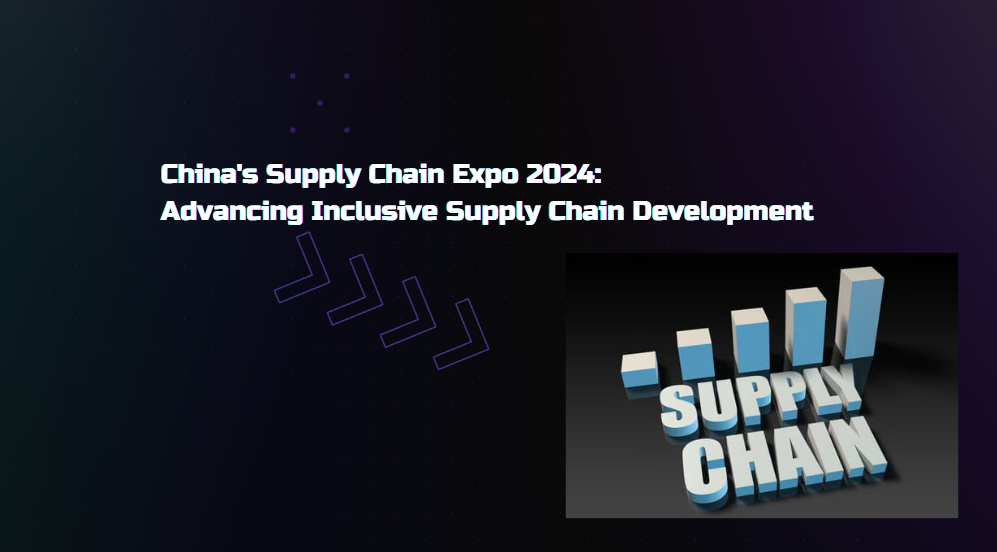Shanghai Lin-gang Special Area unveils new policy to support development of equity investment cluster
The Lin-gang Special Area in Shanghai has introduced a comprehensive policy to attract equity investment institutions, aiming to enhance the local equity investment cluster, support the real economy, and drive technological innovation. This initiative is designed to establish a high-quality financial service system tailored for science and technology (sci-tech) enterprises, thereby fostering the integrated growth of innovation, industry, capital, and talent within Lin-gang.
The policy applies specifically to equity investment institutions aligned with Lin-gang's economic functions and developmental goals, requiring registration with the Asset Management Association of China (AMAC) and adherence to rigorous operational standards. It provides a multi-tiered support system across three main areas: developing a high-quality equity investment cluster, establishing a robust investment ecosystem, and creating a supportive environment for institutions and talent.
Building a High-Quality Equity Investment Cluster
The policy introduces financial incentives to attract and retain equity investment institutions, with rewards of up to 30 million yuan ($4.2 million) based on actual fundraising scale. Additionally, for each 200 million yuan invested in non-listed companies within three years of registration, eligible equity investment institutions can receive a reward of 2 million yuan, capped at 20 million yuan. To further encourage investment in high-potential sci-tech firms at the seed and early stages, recognized institutions are eligible for a reward of up to 10 percent of their actual investment, reaching 1 million yuan per project and up to 10 million yuan annually.
A focus on fostering early-stage sci-tech enterprises reflects Lin-gang's commitment to emerging industries, with qualifying firms defined as those under five years old, employing fewer than 300 individuals, and with total assets or annual revenue not exceeding 50 million yuan. These investments target strategic sectors, aligning with Lin-gang's development priorities in emerging technologies and industry leadership.
Strengthening the Investment Ecosystem
The policy also commits 20 billion yuan from Lin-gang's sci-tech innovation fund to drive growth in high-tech sectors and supports angel investment through incentives for angel funds, investors, and incubation models. Lin-gang further encourages Corporate Venture Capital (CVC) among key industry players and provides subsidies for universities, research institutions, and equity investment associations hosting events like roadshows and conferences to strengthen the local investment landscape.
This comprehensive approach aims to create a supportive environment where diverse market players—including angel investors and corporate funds—can contribute to the growth of emerging tech sectors, thus enhancing Lin-gang's position as a hub for sci-tech innovation.
Establishing a High-Quality Support Environment
Streamlined processes are integral to the policy's focus on efficiency. Equity investment institutions can complete registration procedures within seven working days of submitting all necessary documents, while new fund approvals are processed within five days. The policy also supports the establishment of S funds, with subsidies covering up to 30 percent of transfer costs to further facilitate fund unit transfers.
To attract high-end international talent, the policy includes preferential policies for housing, healthcare, and education for employees of qualified investment institutions. Lin-gang’s emphasis on seamless access to these services demonstrates a commitment to building a comprehensive environment that enables both investment institutions and their employees to thrive.
Driving Innovation through Supply Chain Finance
Complementing these regional policies, broader discussions within global financial circles emphasize the pivotal role of supply chain finance in empowering small and medium-sized enterprises (SMEs). World Trade Organization (WTO) Director-General Ngozi Okonjo-Iweala has highlighted that access to supply chain finance can drive substantial trade benefits for small businesses by addressing cash flow gaps. According to Okonjo-Iweala, a 10% increase in international factoring could boost trade by 1%, underscoring the critical need for finance solutions that support SMEs' integration into global supply chains.
The growing importance of supply chain finance, now valued at approximately $2.3 trillion globally, aligns with the financial goals of policies like Lin-gang's. By expanding financing options and developing infrastructure for sci-tech enterprises, regions such as Lin-gang are better positioned to support SMEs, particularly in strategic and high-tech sectors. These initiatives not only provide critical funding for early-stage companies but also serve as a powerful engine for innovation and economic resilience in global markets.
A Model for Sustainable Growth
Lin-gang's new policy, effective immediately and valid through 2026, represents a dynamic approach to creating a thriving equity investment ecosystem that supports sci-tech innovation. As Shanghai seeks to become a global investment destination, Lin-gang's forward-looking policies, combined with international best practices in supply chain finance, position it as a model for fostering inclusive and sustainable growth in the equity investment landscape.






















































First, please LoginComment After ~